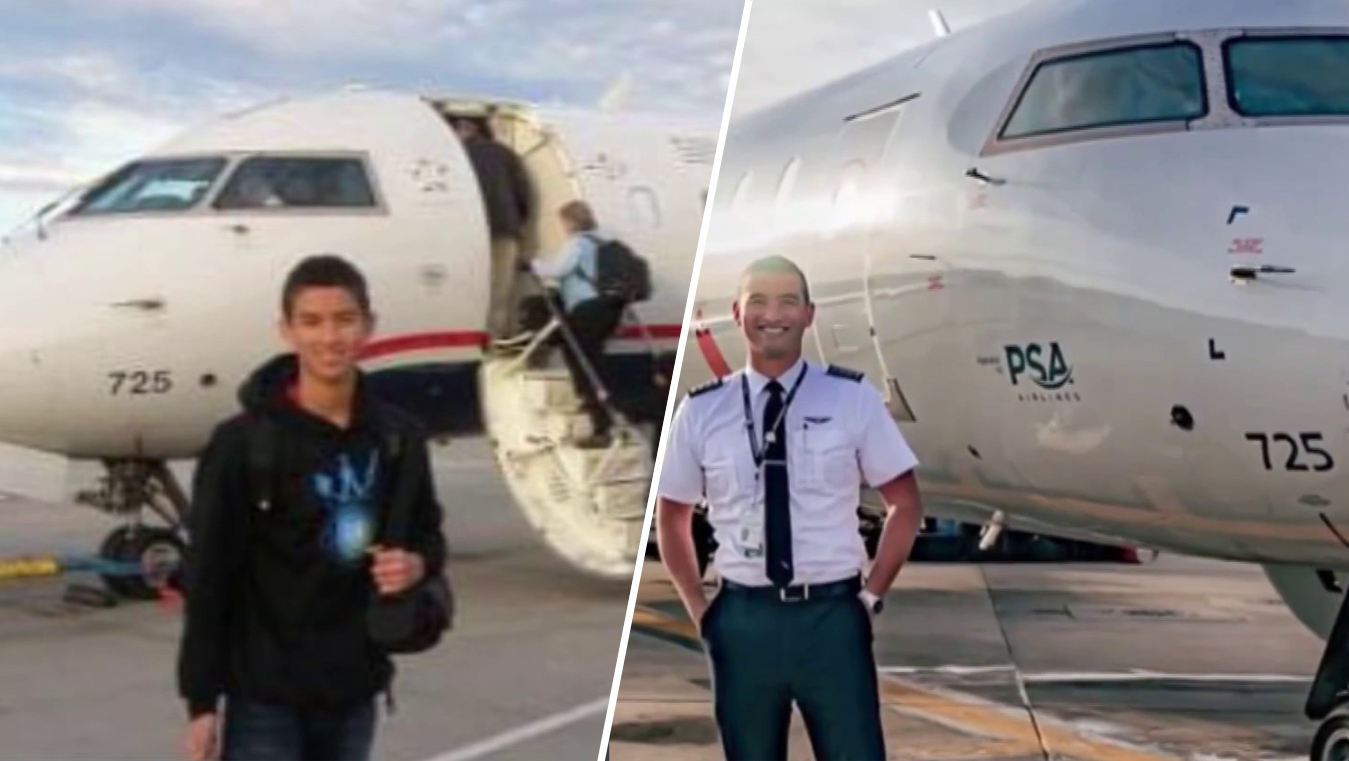Metro may be one step closer to filling its multimillion-dollar budget gap that General Manager Randy Clarke warned could force dramatic cuts to public transit service and layoffs if more money wasn't secured.
The District is prepared to give Metro up to $200 million to help address the massive budget shortfall for the next fiscal year, D.C. Mayor Muriel Bowser, Council Chair Phil Mendelson and Council transportation committee chairperson Charles Allen wrote in a letter to the transit agency.
The District’s commitment along with pledges of $150 million from Maryland and $130 million from Virginia reduced the Metro budget shortfall from $500 million to $20 million, the letter said.
In response, Clarke posted on social media thanking D.C. leaders for the commitment.
We've got the news you need to know to start your day. Sign up for the First & 4Most morning newsletter — delivered to your inbox daily. Sign up here.
He said the financial boost is a big step in preventing major service cuts and layoffs. Clarke warned in December that 10 stations could be closed, 67 bus lines could be cut and 2,000 workers could lose their jobs if the agency didn’t get more money.
But in their letter, Bowser and the councilmembers brought up an issue we've heard before: Metro is the only mass transit system in the United States without a dedicated source of funding like a sales tax or a gas tax.
Transportation
Reporter Adam Tuss and the News4 team are covering you down on the roads and in transit.
D.C.’s leaders want an agreement on a new Metro funding formula before the next fiscal year in 2026.
Clarke told News4’s Adam Tuss in December that Metro and regional leaders need to have a conversation about securing predictable funding.
“We're doing our part to save money, but we have to fund this thing,” Clarke said. “Whether it's a sales tax or some other tax, we have to have that conversation.”
D.C. leaders credited Metro for finding ways to reduce costs, citing $50 million in yearly savings starting the next fiscal year, but pointed out personnel costs are the largest share of Metro's operating budget.
The letter called also on Metro to review staffing levels, look for ways to slow the growth of personnel costs and freeze capital projects “that do not contribute to a state of good repair.”



